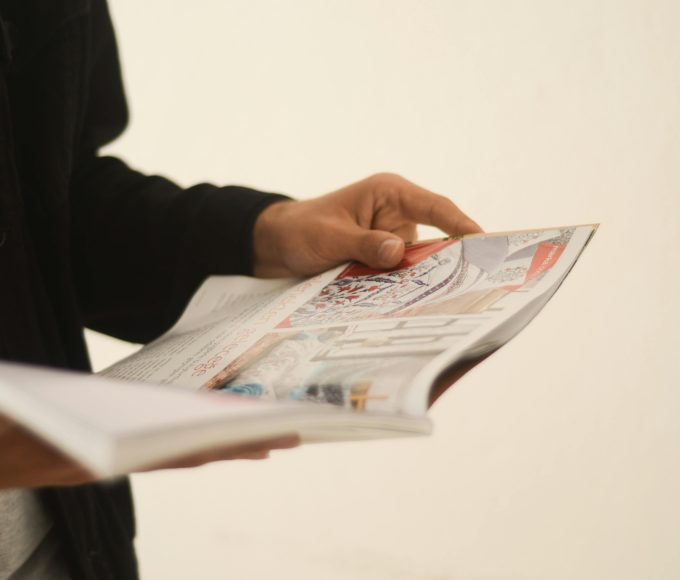Every culture has its own unique traditions, and some of the quirkiest superstitions reflect fascinating beliefs about luck and fortune. From avoiding unlucky handshakes to stepping on the right manhole cover, superstitions around the world bring a touch of mystery and fun to everyday life.
Let’s take a lighthearted journey through some of the most unusual superstitions from different cultures that people still practice today. Who knows? You might even find a quirky superstition you want to adopt!
1. Watch Where You Greet in Russia
In Russia, avoiding bad luck means paying close attention to where you greet people. It’s a common superstition to never shake hands or kiss across a doorway, as this is thought to bring bad luck. Doorways are considered “liminal spaces,” where different energies come together.
To avoid misfortune, Russians will fully step inside or outside before greeting someone, ensuring they stay on the lucky side of tradition.
2. The Direction of Luck in Japan
Japan’s concept of “lucky” and “unlucky” directions, known as koshin, is rooted in traditional Buddhist and Shinto beliefs. On certain days, traveling in specific directions is avoided to prevent bad luck.
Many people consult koshin calendars to ensure they’re moving in a favorable direction on the right day, especially for important events like moving to a new home. It’s a reminder that, in Japan, good fortune can be as simple as knowing which way to go!
3. Smashing Plates in Denmark for Good Luck
While broken dishes might seem like a hassle, in Denmark, they’re a symbol of good fortune. Each New Year’s Eve, Danes throw plates at the doorsteps of friends and family. The more broken pieces you find in front of your door, the more luck you’re thought to have in the coming year.
So if you ever wake up in Denmark on New Year’s Day to find a pile of shattered plates, consider yourself lucky!
4. Protecting Against the Evil Eye in Italy
In Italy, the fear of the “malocchio,” or evil eye, is common. Many Italians believe that certain looks or gestures can bring misfortune, so they use various protective symbols to guard themselves. A popular gesture is the corna—a hand symbol made with two raised fingers, often worn as an amulet to ward off bad vibes.
For added protection, Italians might even wear red, a color believed to keep the evil eye at bay.
5. Nigeria’s Lucky Broom Ritual
In Nigeria, brooms are more than just cleaning tools—they’re associated with superstitions about luck and love. It’s believed that if you accidentally step over a broom, you could bring bad luck or even lose your chances at marriage!
Many Nigerians avoid leaving brooms in common pathways, and if someone accidentally steps over one, they can reverse the misfortune by stepping backward over it to cancel out the bad effects.
6. Sweden’s Manhole Cover Code
In Sweden, stepping on manhole covers is practically a sport—at least for those who believe in their lucky or unlucky powers! Swedish manhole covers marked with the letter “A” are considered unlucky and associated with heartbreak, while covers with the letter “K” are linked to good fortune, especially in love.
Some Swedes make a point of only stepping on “K” covers to boost their luck. It’s a playful way to bring a little extra happiness to a stroll down the street.
Recommended – Sprinkle Joy Into Your Week with These 5 Self-Care Activities















